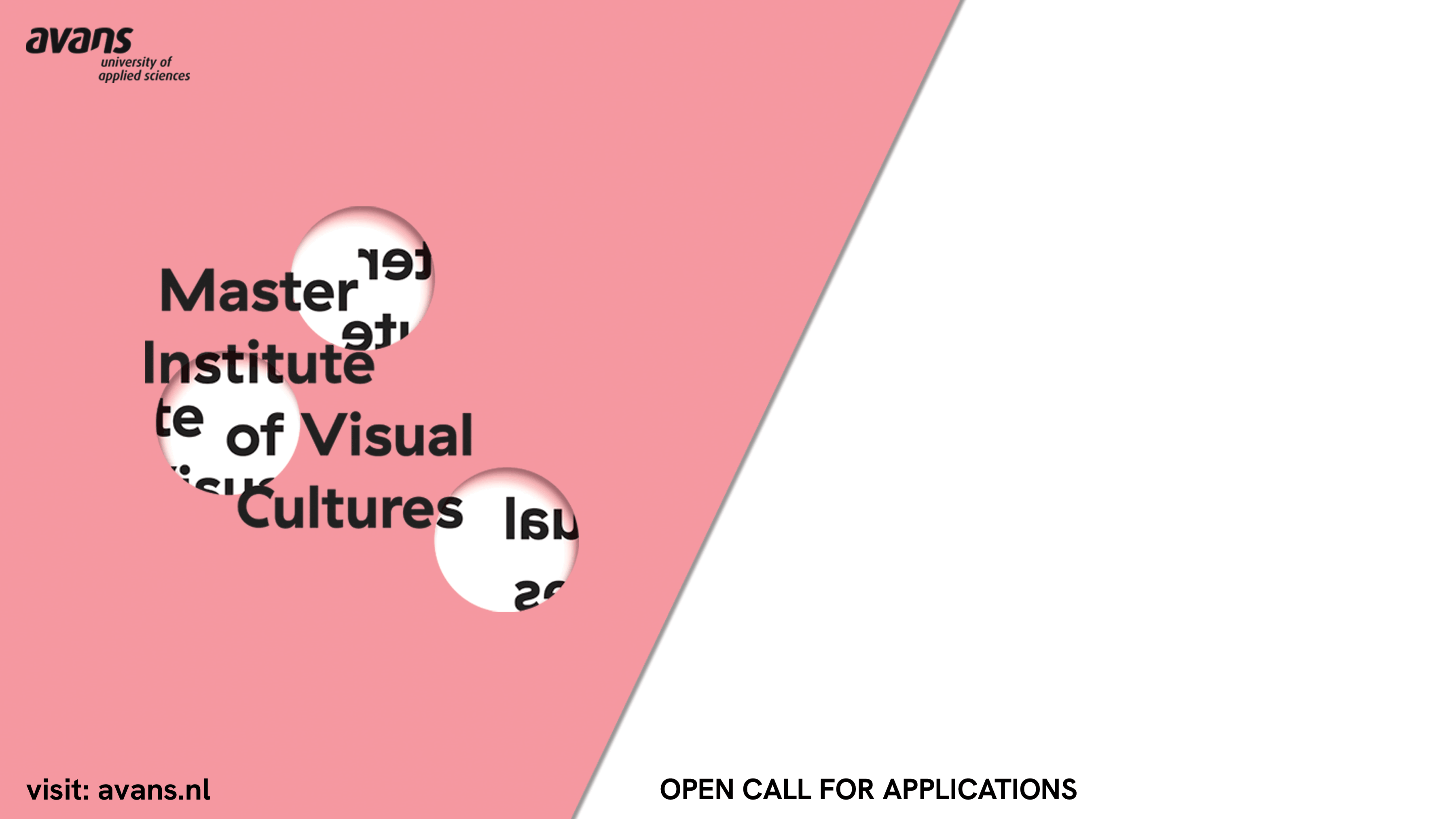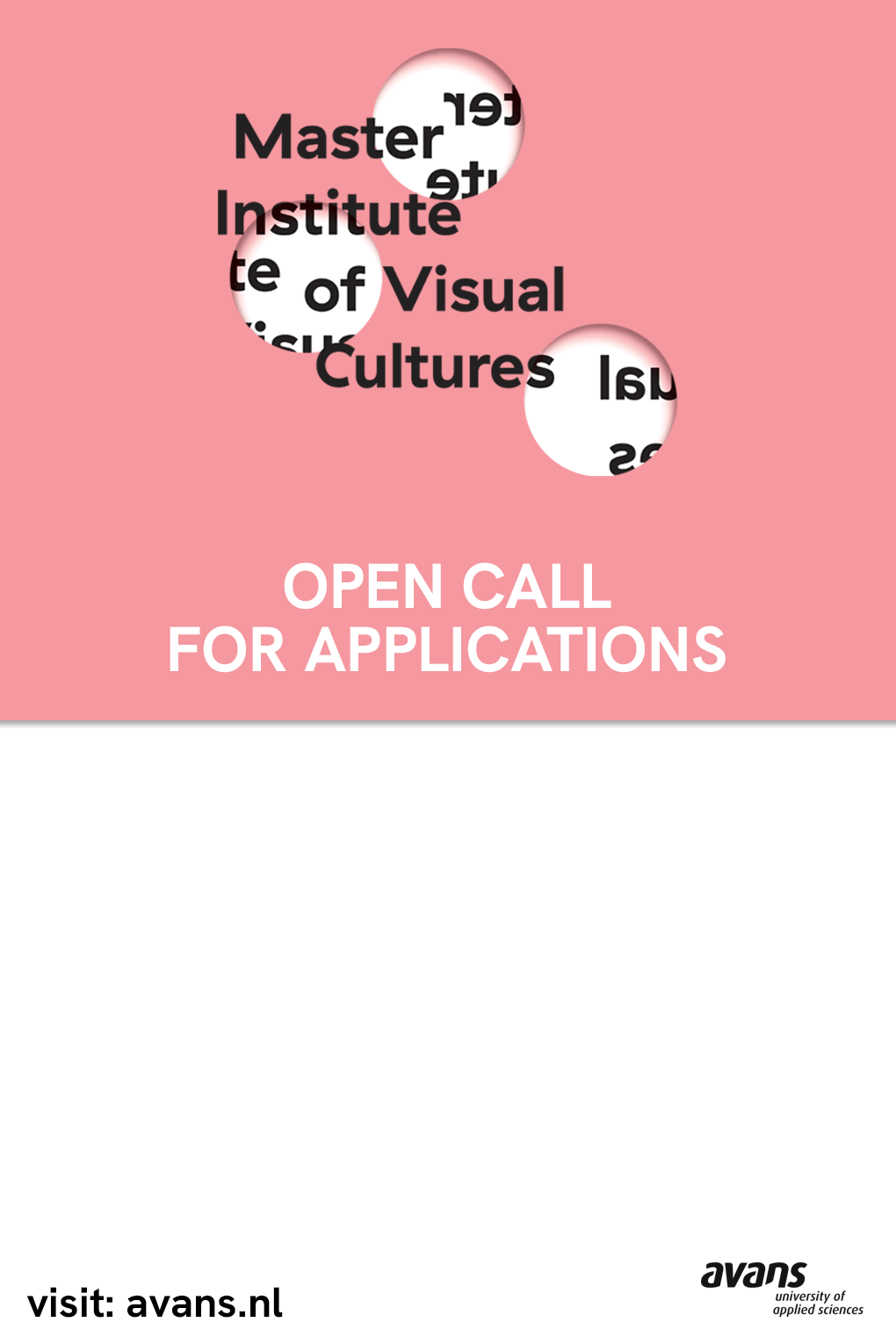In the summer of 1989, Francis Fukuyama published his infamous essay declaring the global triumph of free-market liberal democracy over communism as the end of ideology as such. Not only that, but he also claimed the world was on the cusp of realizing what Fukuyama’s mentor Alexandre Kojève called the “universal homogenous state,” which would be the climax of a particular Western idealist tradition stretching back to Hegel. It would be the endpoint of a human consciousness based in accumulative historical progress that also grounded the thinking of Marx himself, who pegged his own philosophy to a conception of time and human advancement as a constant moving towards a projected endpoint. But seriously, regardless of whether this endpoint has been reached, how advanced do you really feel? How many artworks have you seen in recent years that even struck you as being relevant as art? And the insane proliferation of regressive ultranationalist and ethnic or sectarian violence hardly points to historical progress either. This phenomenon is spreading nearly everywhere, from the EU parliament elections, to India, Iraq, Hungary, Russia, Japan, and so forth. The list is endless.
Since Fukuyama wrote his essay, he has been considered primarily a free-market ideologist seizing an early chance to declare the dismantling of the Soviet Union as the definitive moral victory of Western capitalist democracy—a kind of master ideology to end all ideologies. But those who once disregarded him should now look more closely at his essay, because it is absolutely prophetic. Of course, Fukuyama was not only writing as an intellectual, but also as a senior policymaker at the US State Department and a former analyst at the RAND Corporation. And while his essay did not officially reflect the views of the American state, it was nevertheless written by a man who was not only close to power, but also possessed the means to implement his declarations. So if it comes across as prophetic, it wouldn’t be a coincidence. The essay now reads as a crystal-clear blueprint for a peculiarly murky apolitical nonideological condition that has proven to be incredibly difficult to work from—particularly for artists.
And yet what rescues Fukuyama’s intellectual integrity from those who prefer to set him up as a free-market huckster is how he so beautifully expresses reservations about the very posthistorical condition he professes. He closes the essay by writing:
The end of history will be a very sad time. The struggle for recognition, the willingness to risk one’s life for a purely abstract goal, the worldwide ideological struggle that called forth daring, courage, imagination, and idealism, will be replaced by economic calculation, the endless solving of technical problems, environmental concerns, and the satisfaction of sophisticated consumer demands. In the post-historical period there will be neither art nor philosophy, just the perpetual caretaking of the museum of human history … Perhaps this very prospect of centuries of boredom at the end of history will serve to get history started once again.
History is coming back, but not in the way we understood it in the idealist tradition. If Kojève’s universal homogenous state (which is probably also the EU) is characterized by unbearable boredom and stagnation, it starts to make sense that the only political horizon available to not only the wishy-washy centrists of electoral democracies, but also to the uprisings and Occupy movements of recent years, was liberal democracy in its present form. And yet we are increasingly bumping up against the utter failure of liberal democracy to account for the bankers and corrupt regimes who commit their worst crimes from within the logic of economic freedom and electoral democracy. So even as we feel the people around us becoming more comfortable making racist remarks, we also start to sense our political consciousness shifting, because it seems clear that the consolidation of free-market democracy is starting to buckle completely. It might be that we are only now seeing how it was a Ponzi scheme all along. History is not beginning again, because it never really ended. Rather, the idea of a homogenous system built on idealism has become unsustainable and has given way to the many identitarian battles that it has had to suppress in order to keep itself going. Only the end of history is ending.
Kojève proclaimed that art would disappear in the universal homogenous state, and it probably did. No wonder funding is being pulled and artists are concerned with strategic withdrawal—everyone is bored sick of the waves of inflationary and depressive episodes of large-scale, bombastic zombie exhibitions. And yet swaths of participating artists pull out after realizing their works are being produced by a weapons manufacturer or the security company managing internment camps. It seems art does not end only because it has flowed into life, but also because its conditions have become too contradictory to be contained any longer. On the one hand, we might wonder whether a Sunni or Shia militia commander would say something similar about the internal contradictions of a puppet regime he seeks to topple. But, on the other hand, it is now being reported that the Sunni Isis militia is partly financed by antiquities taken from archeological digs in the crumbling state of Syria, and we might also wonder whether Kojève’s predicted disappearance of art was more of a preface to an entirely new kind of art dealer.
In December 2010 and January 2011 we published a double issue (guest-edited by Paul Chan and Sven Lütticken) entitled “Idiot Wind,” which took a strong political stance against the rise of right-wing movements in so many places in the world. What was clear from the issue was that the situation had become unbearable, and yet we were all surprised to find it coming out at the start of the Arab Spring. Now the picture looks a little different and it seems like a moment to step back and try to understand how history and notions of progress seem to be twisting back on themselves. Origin myths are proliferating while identitarian and sectarian movements guided by advances in communication technology might have more in common than we think with the private business interests that someone like Narendra Modi’s ultranationalism in India answers to. Enjoy the World Cup.
—Anton Vidokle, Brian Kuan Wood, Julieta Aranda


